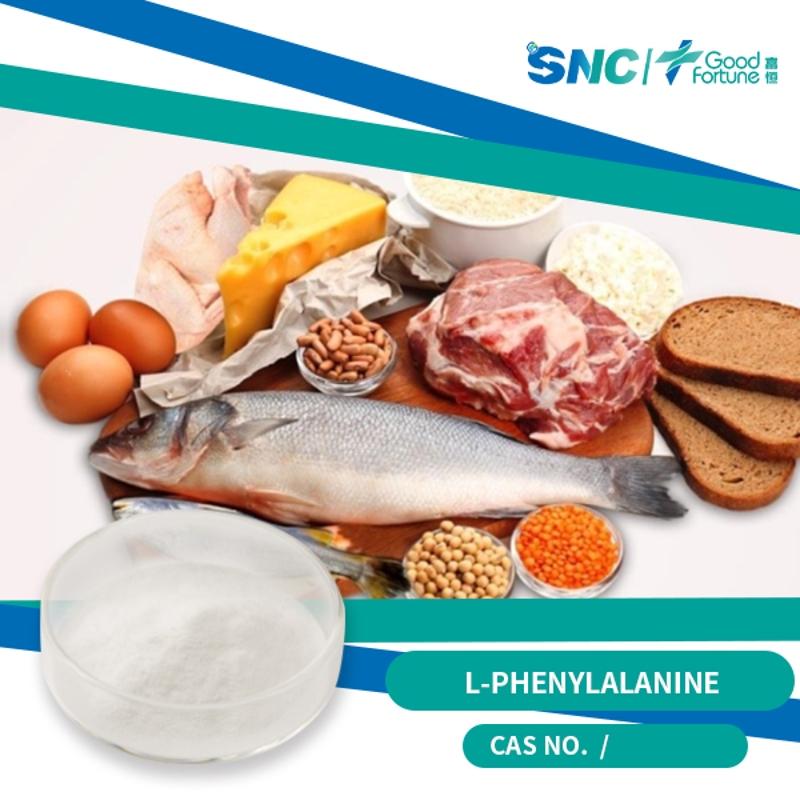-
Categories
-
Pharmaceutical Intermediates
-
Active Pharmaceutical Ingredients
-
Food Additives
- Industrial Coatings
- Agrochemicals
- Dyes and Pigments
- Surfactant
- Flavors and Fragrances
- Chemical Reagents
- Catalyst and Auxiliary
- Natural Products
- Inorganic Chemistry
-
Organic Chemistry
-
Biochemical Engineering
- Analytical Chemistry
-
Cosmetic Ingredient
- Water Treatment Chemical
-
Pharmaceutical Intermediates
Promotion
ECHEMI Mall
Wholesale
Weekly Price
Exhibition
News
-
Trade Service
The chemical industry is a vast and complex sector that involves the production of a wide range of chemical products, including plastics, pharmaceuticals, and various industrial chemicals.
This industry relies heavily on the use of chemical reactions to produce these products, and one common reaction that is often used is the reaction between Dde-Lys(Fmoc)-OH and another chemical compound.
what is Dde-Lys(Fmoc)-OH?
Dde-Lys(Fmoc)-OH is a common intermediate in organic synthesis, where it is often used as a building block for the synthesis of complex organic molecules.
It is a derivative of the amino acid Lysine, which is a common component of proteins in living organisms.
The "Fmoc" group is a protecting group that is often used in organic synthesis to protect the amino nitrogen during the synthesis of peptides and other nitrogen-containing compounds.
The reaction between Dde-Lys(Fmoc)-OH and another chemical compound can result in the formation of a wide range of products, depending on the specific reaction conditions and the reactants used.
These products may be valuable chemicals, polymers, or other materials that are used in a variety of industrial and commercial applications.
The use of Dde-Lys(Fmoc)-OH in the chemical industry
The chemical industry is one of the most important sectors of the global economy, and it plays a vital role in the production of a wide range of goods and services.
This industry is closely linked to many other sectors, including the pharmaceutical industry, the plastics industry, and the textile industry, among others.
One of the key applications of Dde-Lys(Fmoc)-OH in the chemical industry is in the production of polymers, which are long chains of repeating units of a particular molecule.
These polymers are used in a wide range of applications, including the production of plastics, fibers, and other materials.
Another important application of Dde-Lys(Fmoc)-OH is in the production of pharmaceuticals, which are drugs and other chemicals that are used to diagnose, treat, and prevent diseases in humans and animals.
This is a crucial application of the chemical industry, as pharmaceuticals are essential for maintaining the health and wellbeing of people around the world.
The production and use of Dde-Lys(Fmoc)-OH in the chemical industry is also important for the production of other chemicals and materials, such as dyes, pigments, and other colorants, as well as fragrances and flavorings.
These chemicals are used in a wide range of industries and applications, including the textile industry, the food and beverage industry, and the cosmetics industry, among others.
The roles and responsibilities of chemical engineers in the production of Dde-Lys(Fmoc)-OH
Chemical engineers play a crucial role in the production of Dde-Lys(Fmoc)-OH and other chemical products in the chemical industry.
These professionals are responsible for designing, building, and maintaining the equipment and processes that are used to produce chemicals, as well as for optimizing the efficiency and safety of these processes.
Chemical engineers also play an important role in the development of new chemical products and processes, including the production of Dde-Lys(Fmoc)-OH.
They use their knowledge of chemical reactions and their understanding of process dynamics to develop new and improved methods for producing chemicals, as well as to optimize the efficiency and safety of existing processes.
In addition to these technical roles, chemical engineers also play an important role in the management of chemical plants and other industrial facilities.
They are responsible for overseeing the production of chemicals, for ensuring compliance with environmental regulations, and for managing the safety of plant personnel and the surrounding community.
The future of Dde-Lys(Fm







